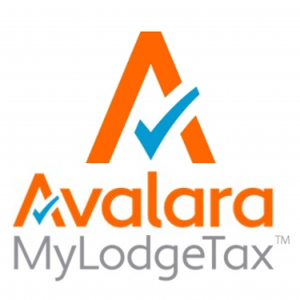San Clemente Planning Commission to review short-term rental amendment
- Jan 25, 2018 | MyLodgeTax

The San Clemente City Council has directed the city Planning Commission to consider a recommended amendment to the city’s short-term rental law in response to a legal challenge of the law.
A Community Development report presented to the council at its Nov. 21 meeting states that the short-term rental law that went into effect in May 2016 has been largely effective at regulating short-term rentals, collecting more lodging tax, and establishing enforcement.
However, the amendment addresses issues that have been negotiated with the San Clemente Vacation Rental Alliance, which sued the city over some aspects of the short-term rental ordinance. The city and the Alliance negotiated a settlement in which some aspects of the law would be changed in exchange for the Alliance dropping the challenge.
In San Clemente, short-term rentals are classified as either short-term lodging units (STLU) or short-term apartment rentals (STAR).
Among other changes, the amendment would affect parking requirements and slightly modify where STLUs are allowed. It would also allow STLUs that were legally established before the short-term rental ordinance went into effect, but do not conform with certain requirements, to be eligible for a longer extension of their permits.
Under the amendment:
- A rule prohibiting STLU guests from parking on the street would be rescinded.
- A rule requiring STAR owners to be present at the property throughout a guest’s stay would be amended to allow “trained and qualified” property managers to be present, whether they own the property or not.
- The area where STLUs are allowed would be slightly expanded to include a short stretch of Buena Vista.
- A map would be created to clearly show STLU-allowed areas to supplement the current text-only descriptions of the area.
- Currently, STLUs that were legally established before the current ordinance came into effect but that don’t comply with certain requirements (called “nonconforming”) are allowed an “amortization” period of two years, during which they can keep their permit and continue to operate. The amendment would extend that amortization period to 10 years for nonconforming STLUs “in good standing.”
In addition to the rules that may be amended, the current short-term rental law requires rental operators to have a zoning permit as well as an operating license.
The operating license is the permit required to register to pay transient occupancy tax, which is 10 percent in San Clemente. Short-term rental hosts are required to collect this tax from their guests and pass it on to the city.
Although Airbnb collects lodging taxes automatically for its bookings in San Diego and many other cities, it does not collect them for hosts in San Clemente. That means hosts must collect and remit the taxes themselves, whether they use Airbnb or any other online rental platform.










